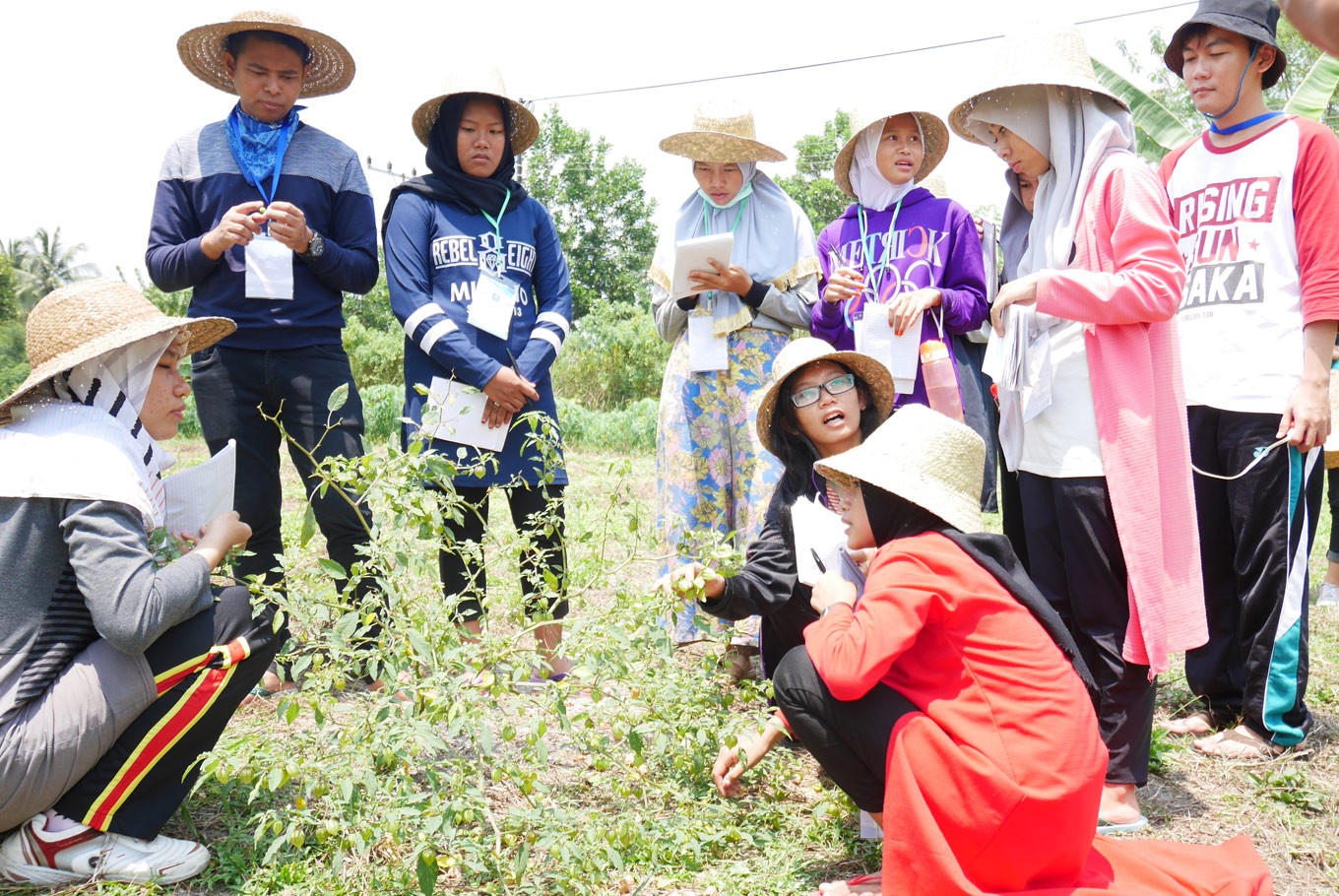Popular Reads
Top Results
Can't find what you're looking for?
View all search resultsPopular Reads
Top Results
Can't find what you're looking for?
View all search resultsUnleashing sharing economy for rural development
Sharing economy, “a socioeconomic system enabling an intermediated set of exchanges of goods and services between individuals and organizations which aim to increase efficiency and optimization of under-utilized resources in society,” has redefined businesses since the beginning of this decade and unlocked value for millions of service providers and customers alike.
Change text size
Gift Premium Articles
to Anyone
L
aughter would have been the response had someone told you, a decade back, that the world’s largest hospitality service provider will not own any rooms, or that the world’s leading taxi provider will not own any cars, or that the world’s leading media company will hardly own any video contents.
But as you read this, it is likely that you have stayed in one of those sparkling clean Airbnb rooms, and have ridden with that Uber driver known for great conversations, and have watched a viral video of that cute child on YouTube.
Sharing economy, “a socioeconomic system enabling an intermediated set of exchanges of goods and services between individuals and organizations which aim to increase efficiency and optimization of under-utilized resources in society,” has redefined businesses since the beginning of this decade and unlocked value for millions of service providers and customers alike.
Yet, sharing economy’s most significant contribution to the world will be felt in rural development as much in business, especially in smallholder agriculture development.
In the industries that are disrupted by the rise of sharing economy, customers had cost-efficient access to resources without the burden of ownership; service providers derived income from the use of idle capacities. This has generated economic gains for both.
However, the businesses that pioneered sharing economy have hitherto targeted urban centers, and thus the flow of welfare gains. Nonetheless, the possibilities of the sharing economy to smallholder and rural development cannot be overstated. Take food waste.
Forty percent of all the food grown in the developing countries are lost during the post-harvest and processing stages.
Research shows that a majority of the losses happen due to the lack of infrastructures such as well-maintained milling machines or warehouses.
Many smallholder farmers don’t have a wherewithal to own these infrastructures.
Also, among the farmers who own the facilities, the utilization rates are low. Sharing economy can provide new economic opportunities to the facility owners while providing much-needed infrastructure access to smallholder farmers.
Advancements in technology and increasing rural penetration of smartphones can further accentuate the progress.
Close to one in two living in rural areas of Indonesia already has access to the internet, mainly through mobile. Mobile-based GPS technologies can help build platforms that can make location-based access to service providers and customers.
Say, a coffee farmer who owns a de-pulping machine can list the equipment on the platform that connects service providers and customers.
Another coffee farmer who needs a de-pulping machine could rent it through the platform and return it as soon the work is completed; products such as e-wallets can let them settle the payments with much ease. Thanks to sharing economy, the farmer who lends the machine earns extra income which she might not have received had the machine remained idle.
The consuming farmer paid only for the duration he used the machine, thus significantly reducing the cost of ownership yet getting the much-needed access to infrastructure.
They both could leave reviews which will help others in the community to overcome information asymmetries and to decide whom the best lenders and the buyers are, incentivizing the best market behavior. This is just one example, and the opportunities are limitless ranging from inputs to capital.
The idea of sharing economy is also compatible with rural sociology. In a typical rural setup, occupations mostly involve a totality of cultivators — a few who own farm equipment and many who don’t — and in a community are usually a few in several non-agricultural pursuits.
With this right ratio of providers, users, and actors who could be intermediaries, the rural setup provides a favorable natural setting for the development of sharing economy.
One of the other essential criteria required for building a thriving sharing economy platform is a phenomenon called network effect, whereby increased numbers of people or participants improve the value of a good or service.
The development of the network effort will be aided by the homogeneity in the psychological traits of the rural population, but only if the value proposition is well-communicated and the users believe that the system is credible, reliable, and ethical. Policymakers can play an important role in supporting the development of such systems.
The less density of population and remoteness of villages can pose challenges to the growth of the sharing economy.
However, if the country’s leading e-commerce player can deliver to 93 percent of Indonesia’s 7,000 or so regencies, sharing economy can thrive, too.
In his book The Fortune at the Bottom of the Pyramid, CK Prahalad argued that “If we stop thinking of the poor as victims or as a burden and start recognizing them as resilient and creative entrepreneurs and value-conscious consumers, a whole new world of opportunity will open up.”
The arguments I made above are the lineal descendants of that view.
Unleashing the sharing economy in the rural areas, where the majority of the world’s poor live, is a compelling need. The encouraging thing is, it doesn’t need vast mobilization of investments or infrastructure.
In its bare form, sharing economy is all about reallocating resources from where it is idle to where it is needed, thus creating value at both ends — in the rural context, that value flows to the most neediest segment of the population.
***
The writer manages the Asia Operations for Enveritas, a New York-based non-profit. The views expressed are his own.










